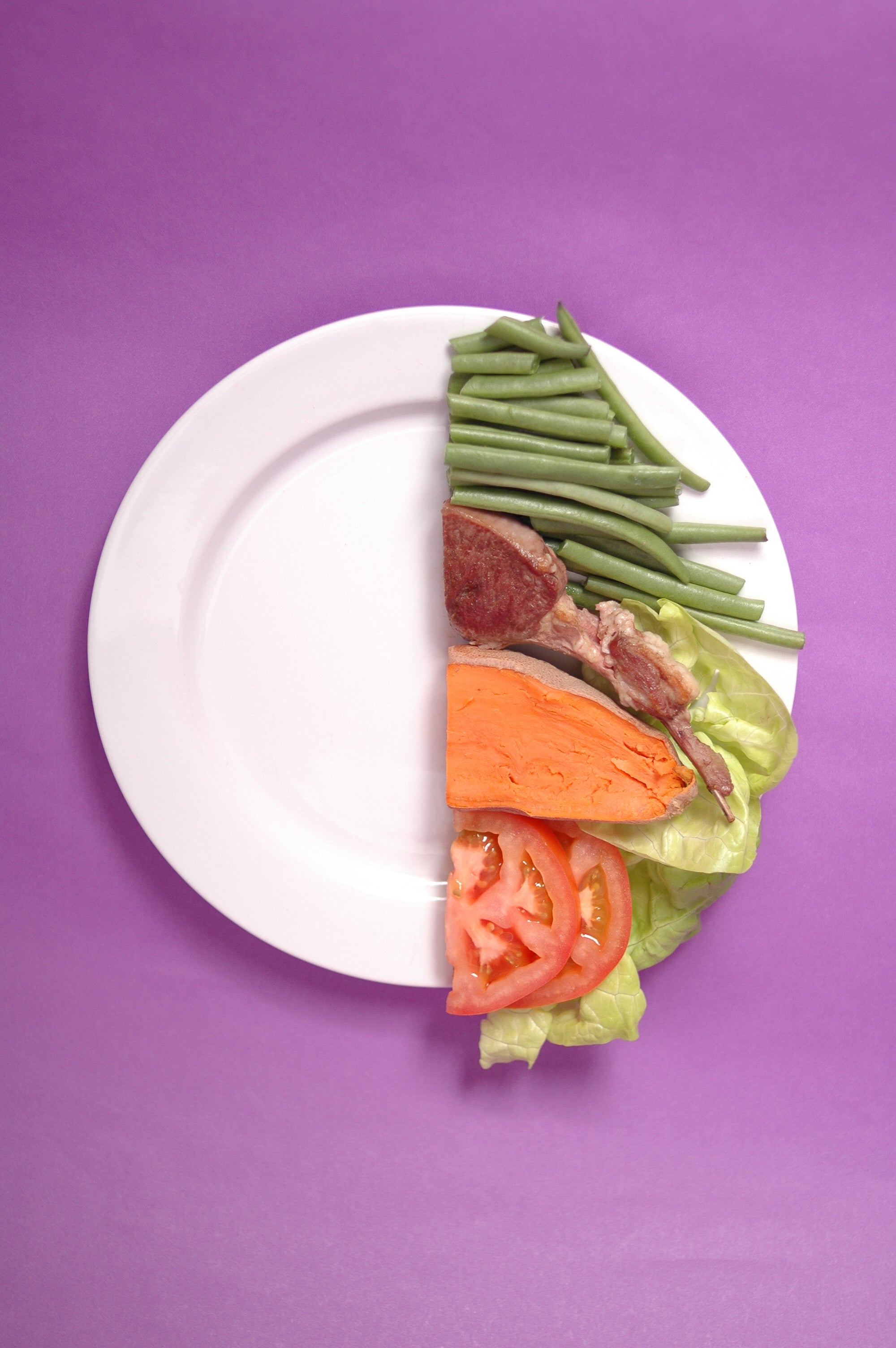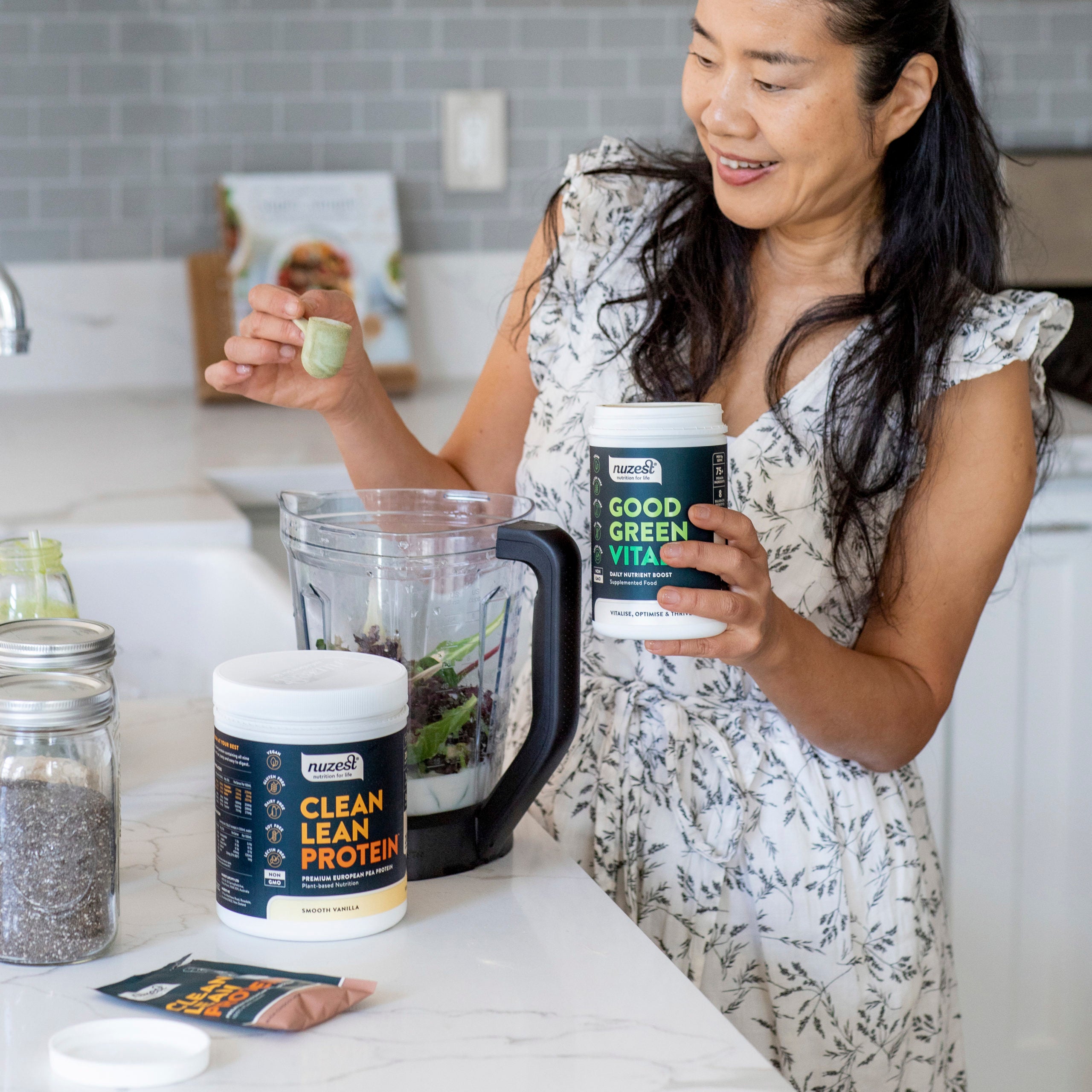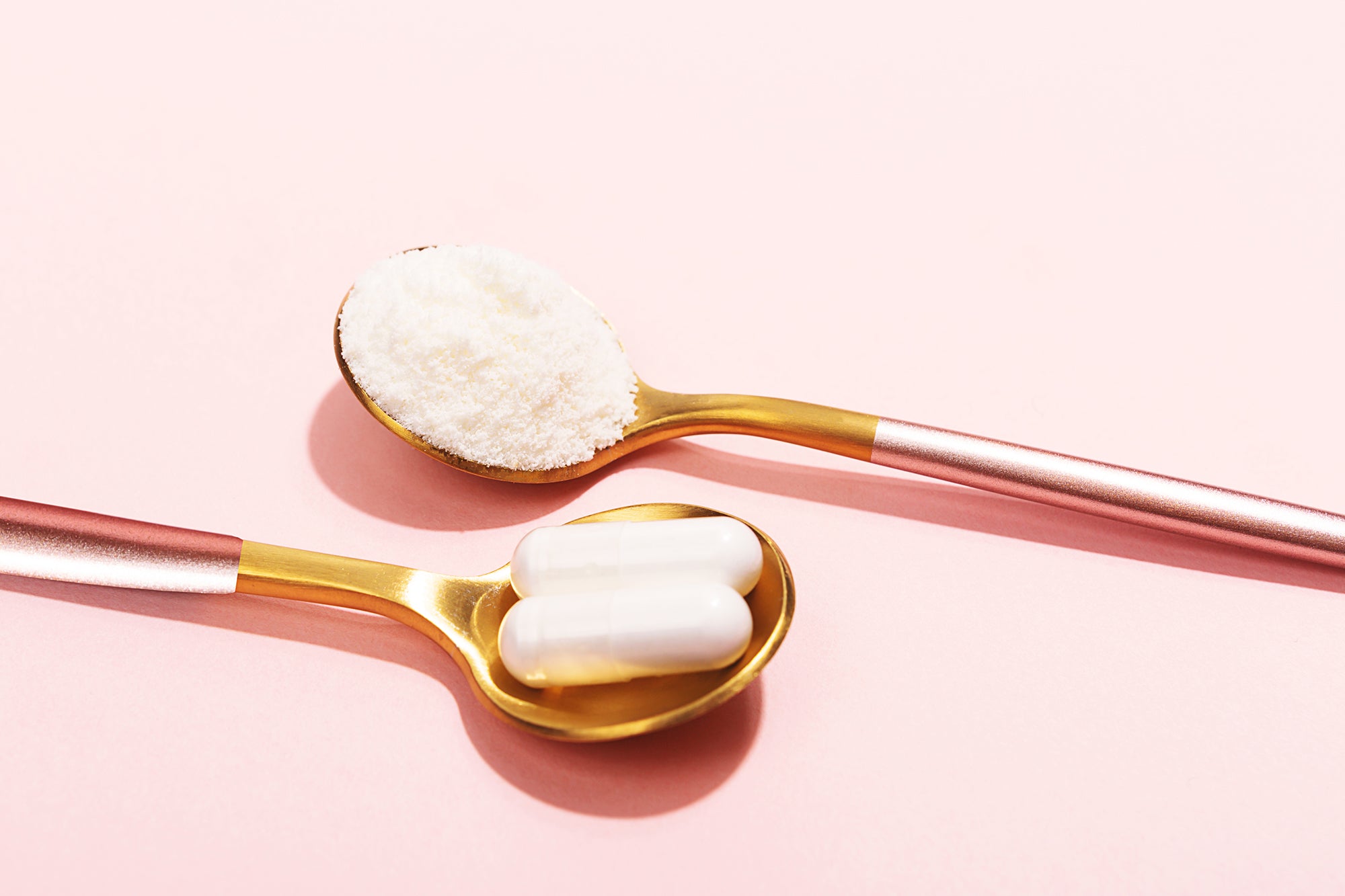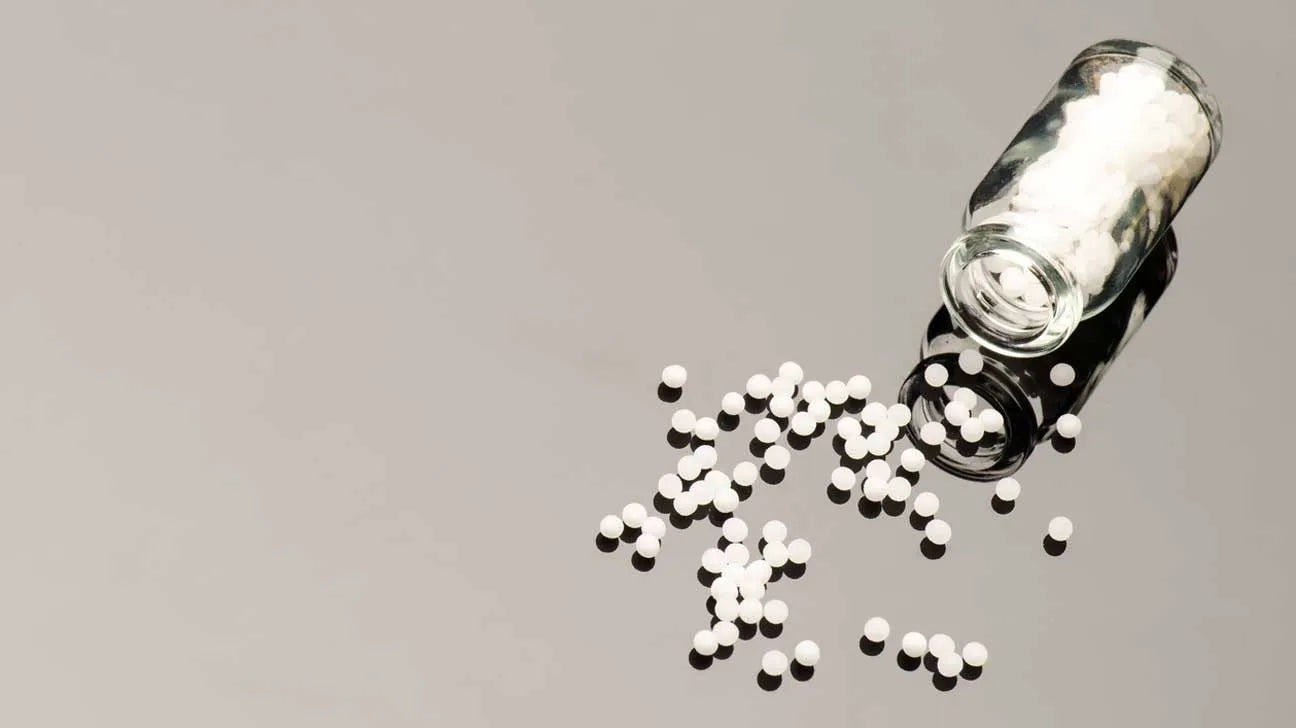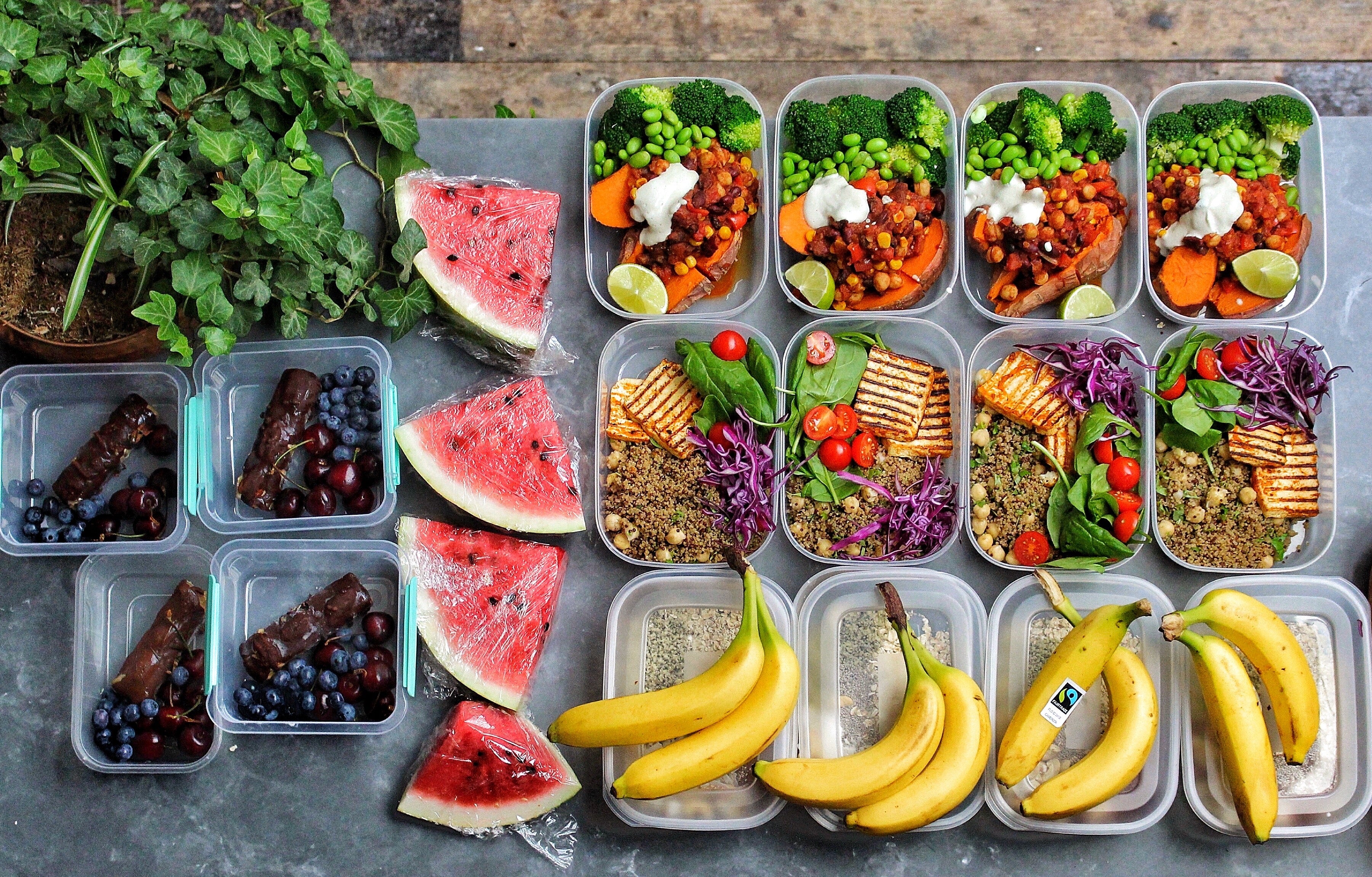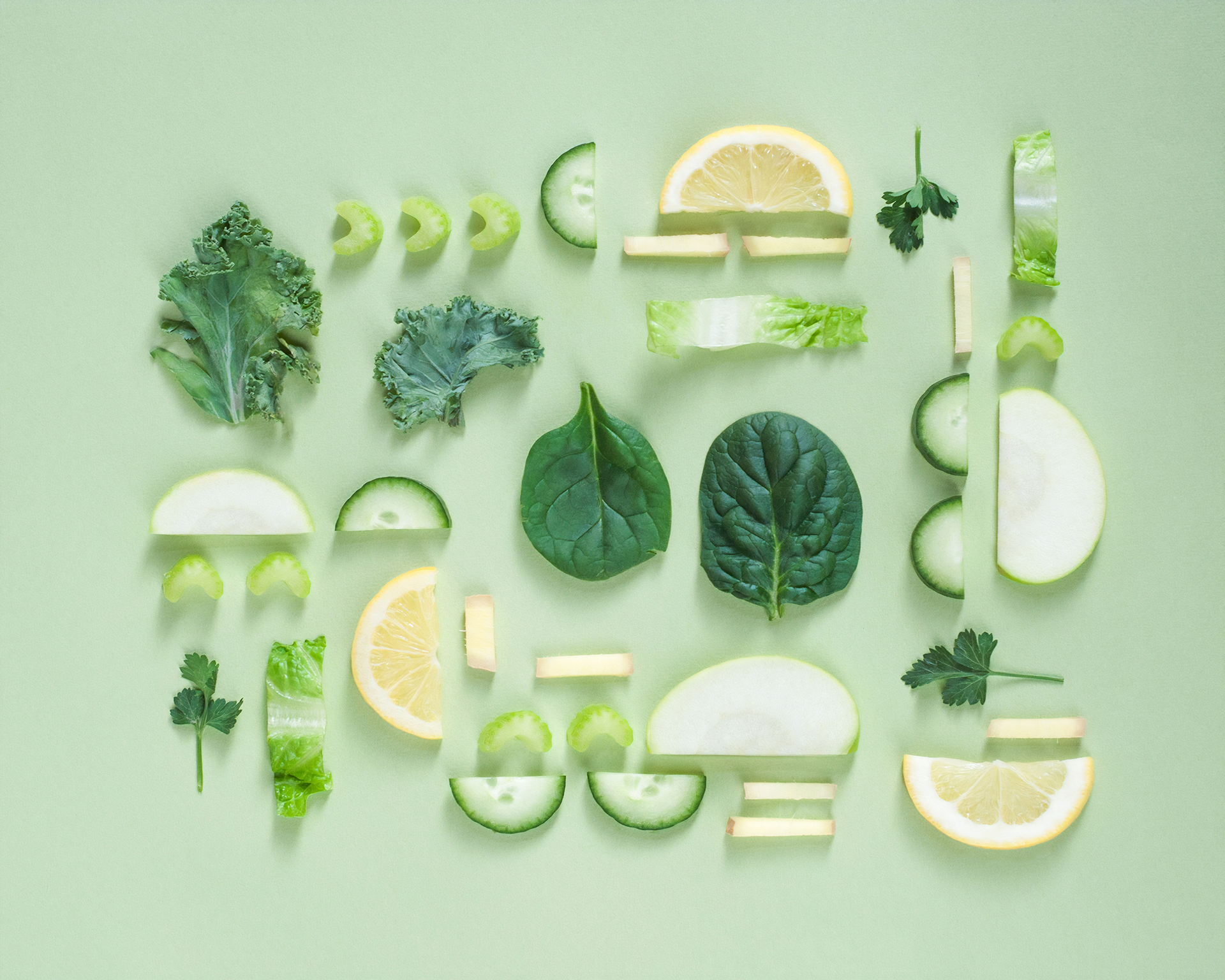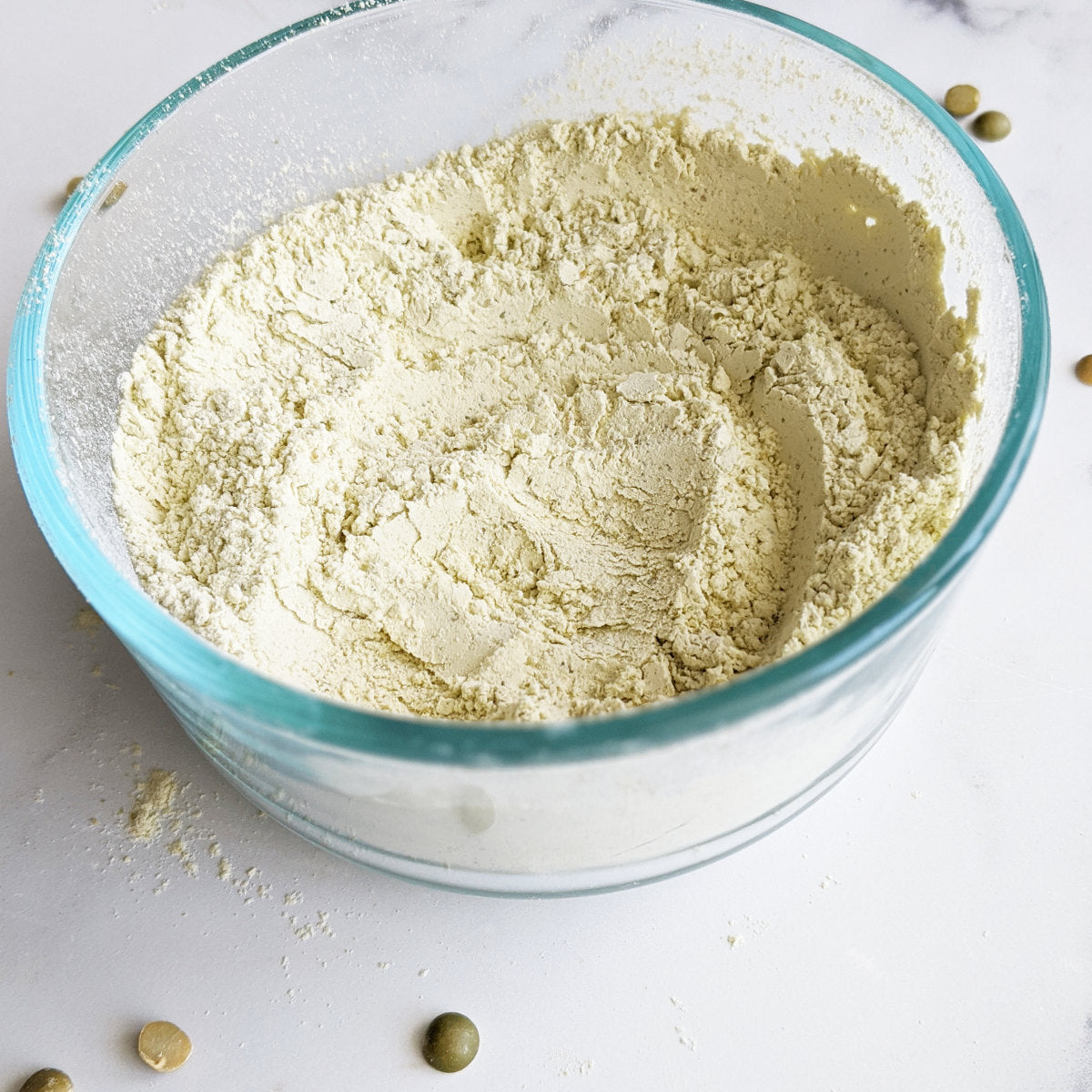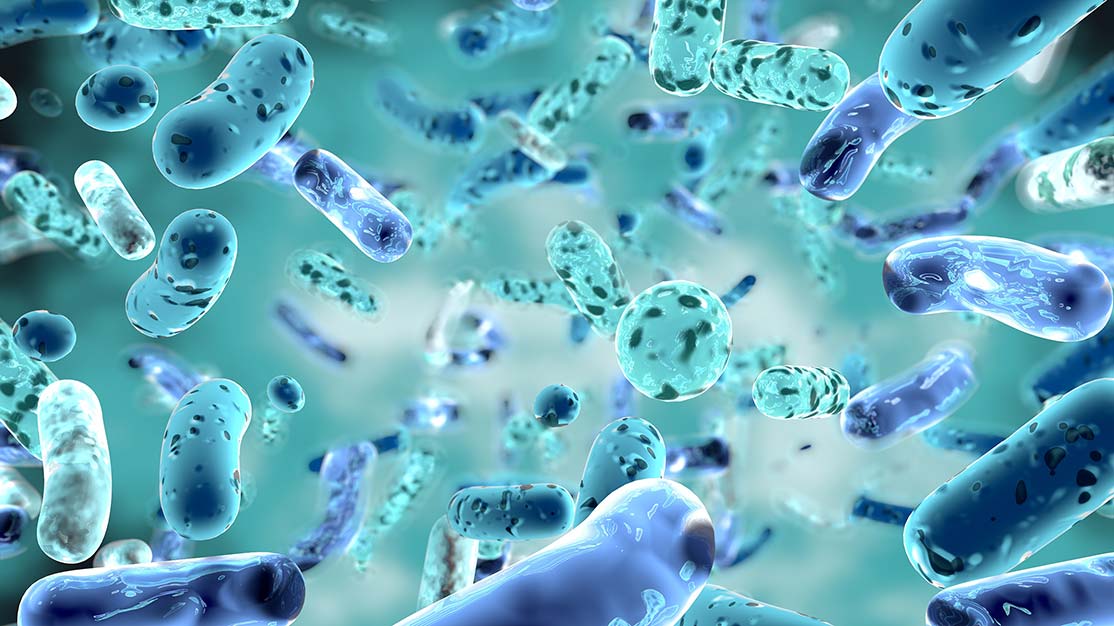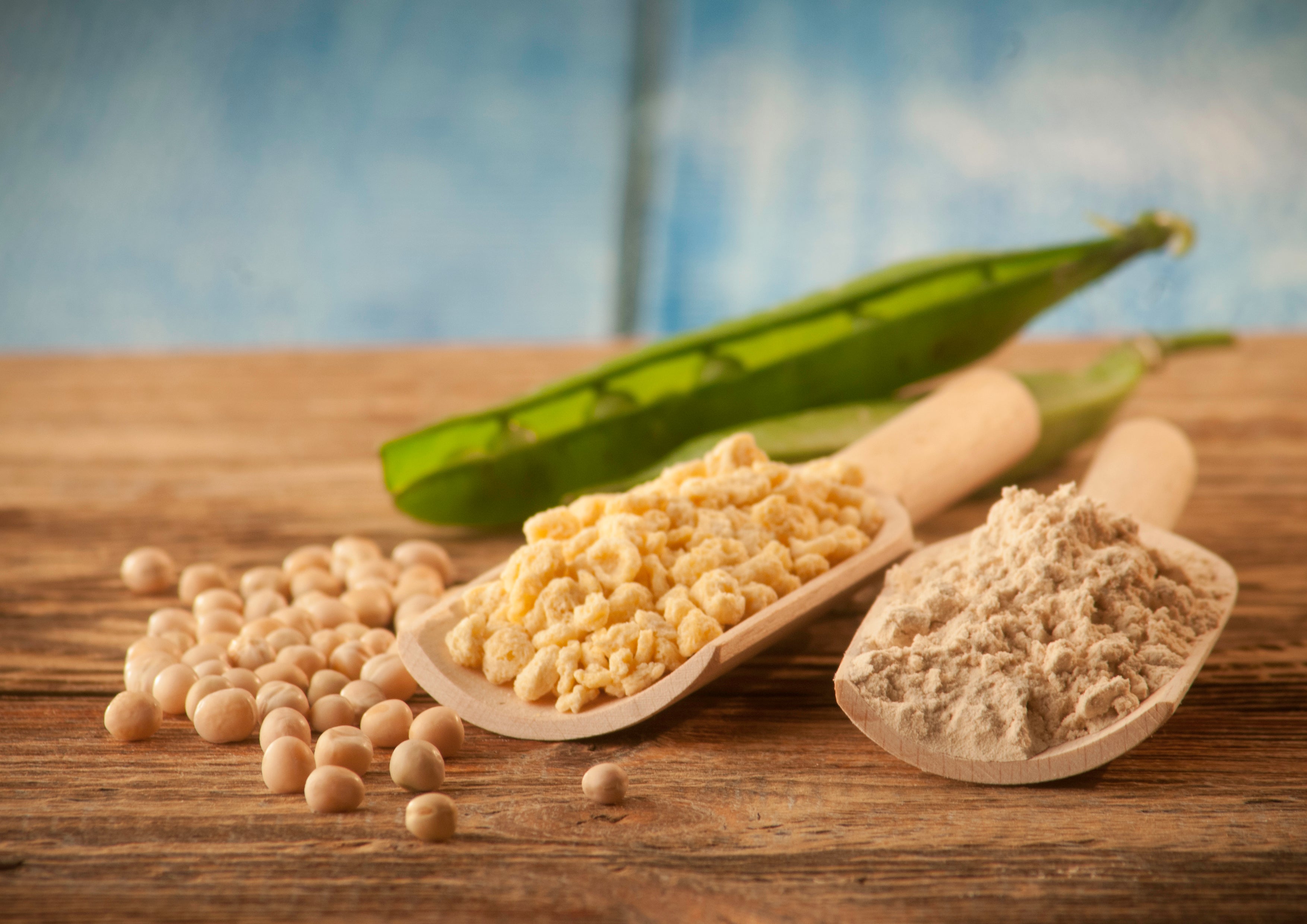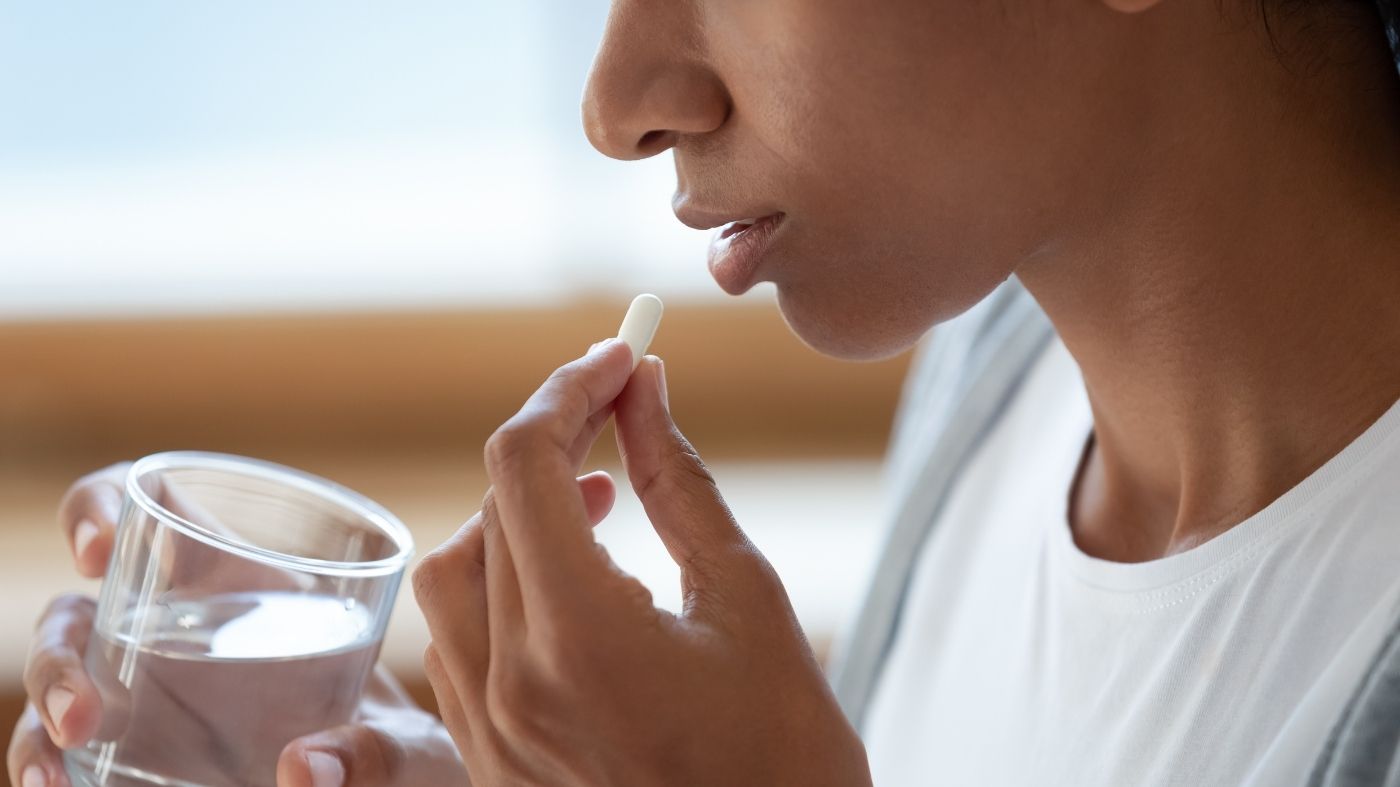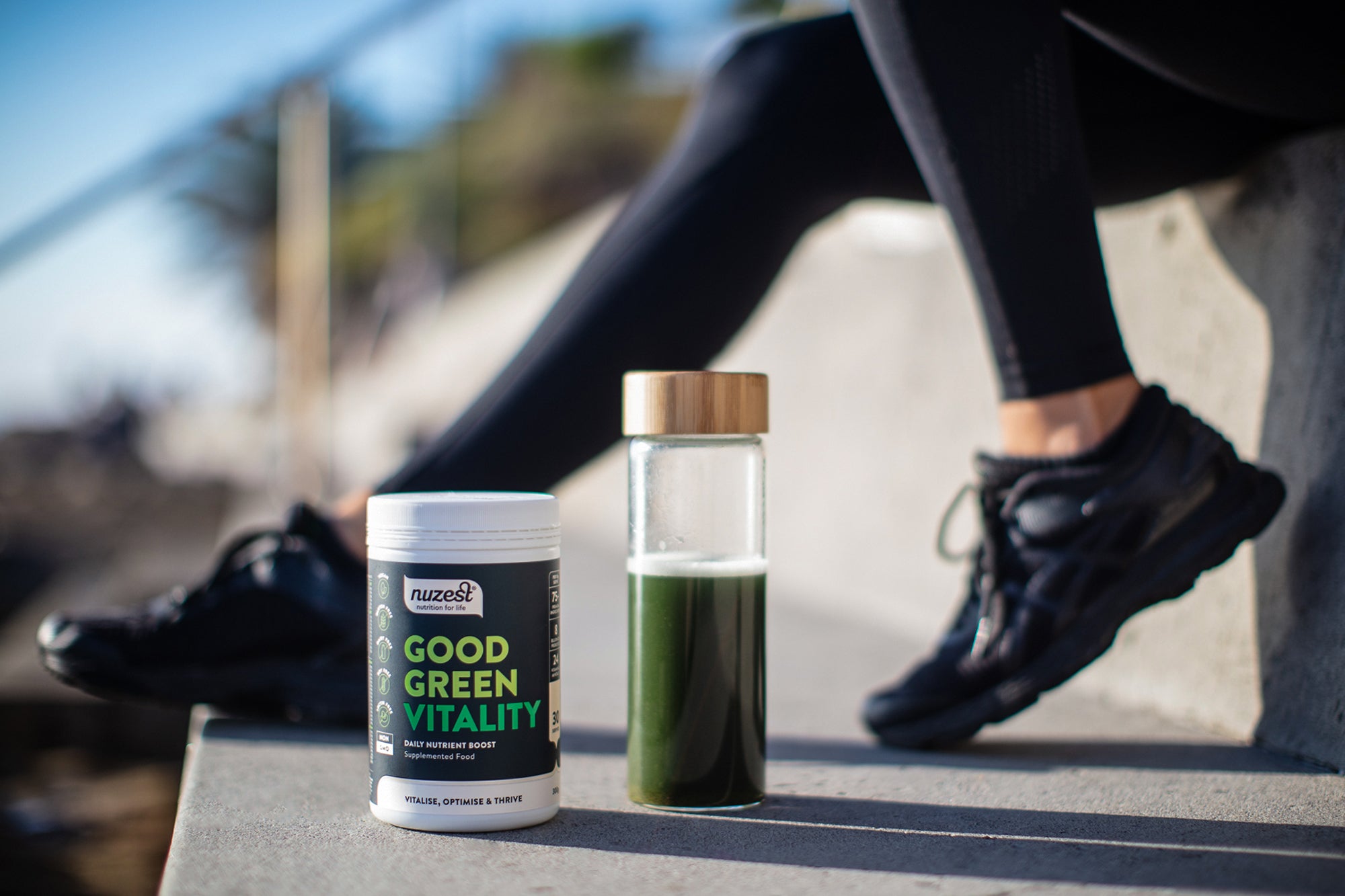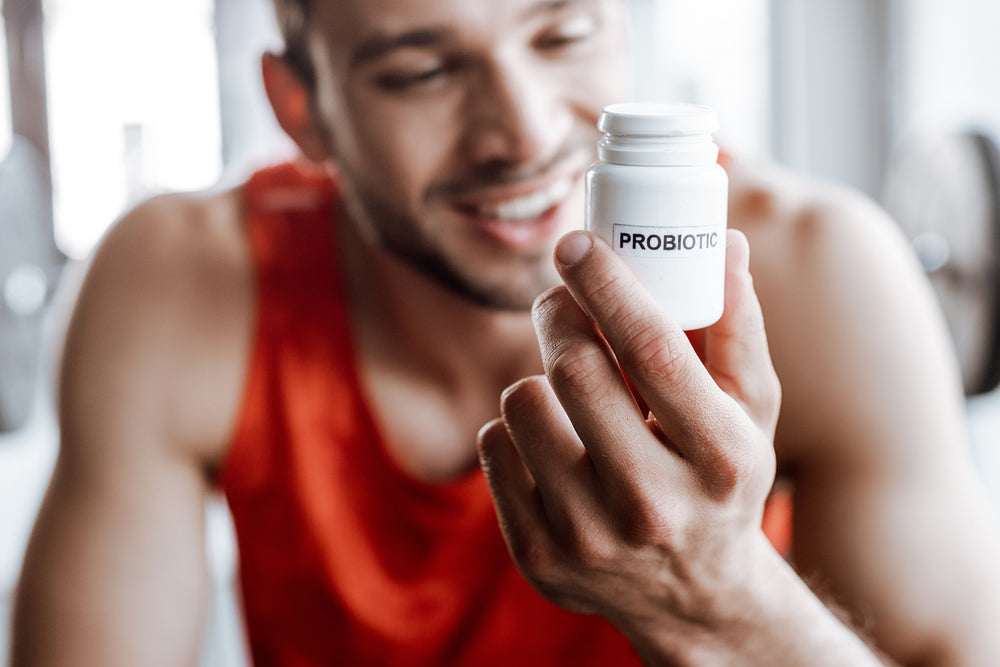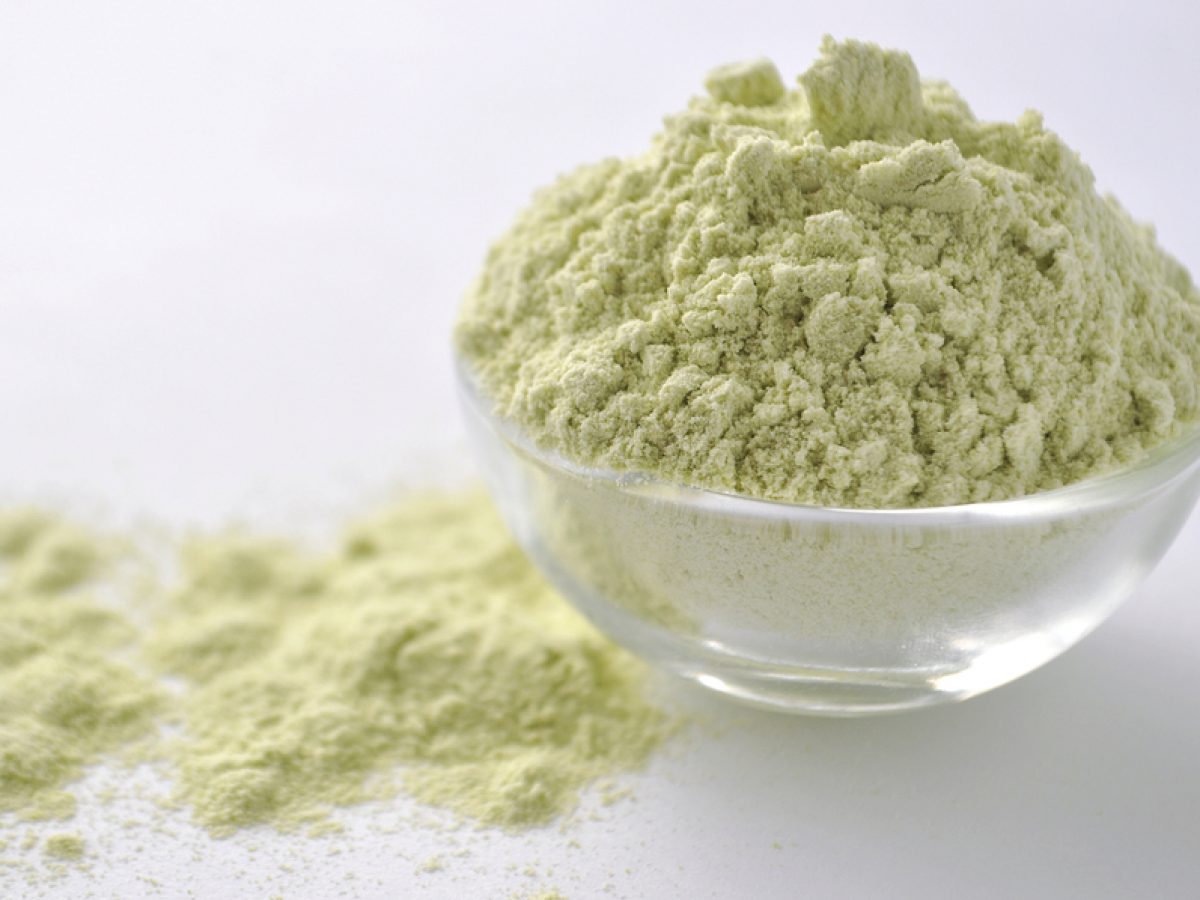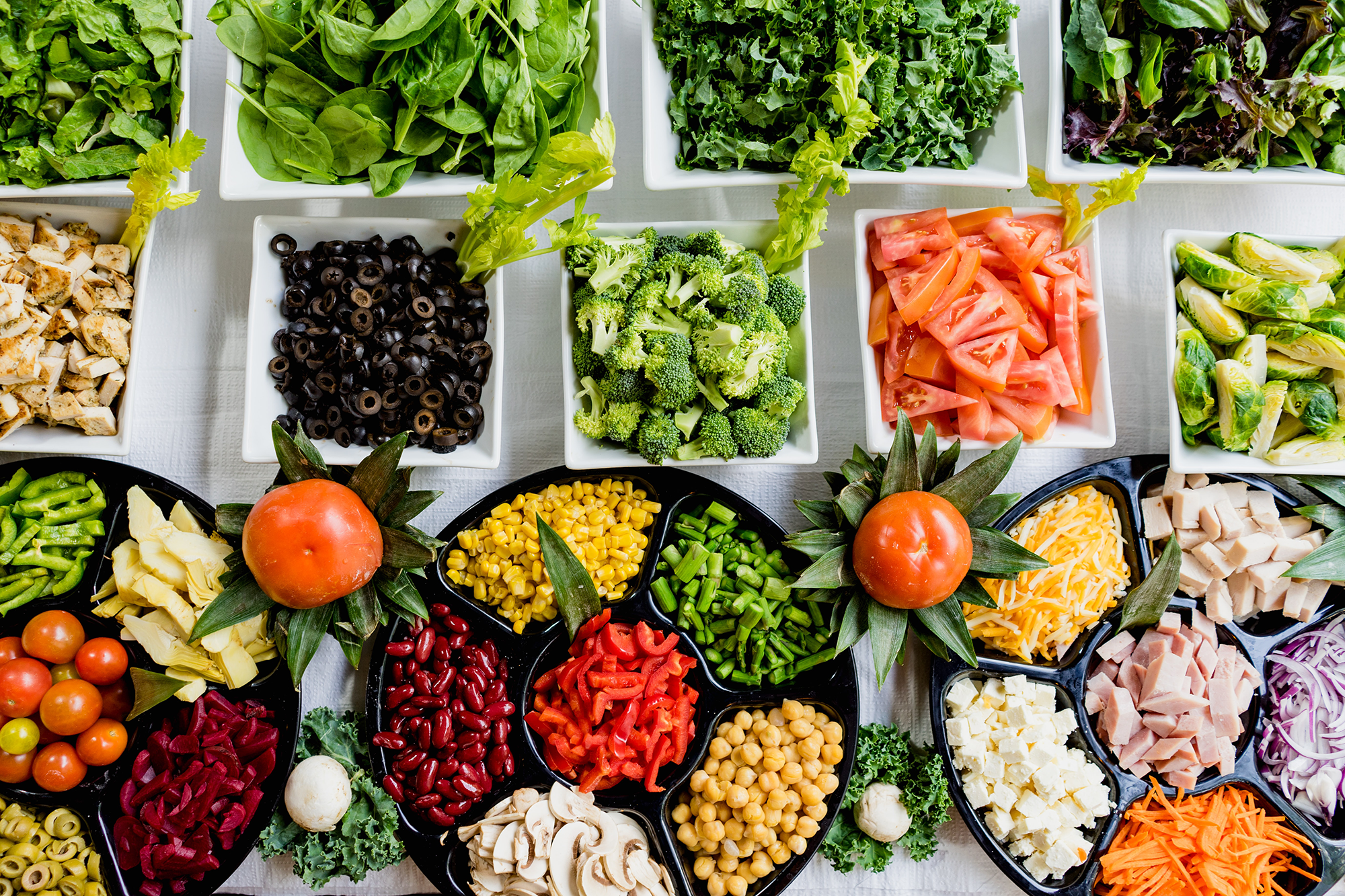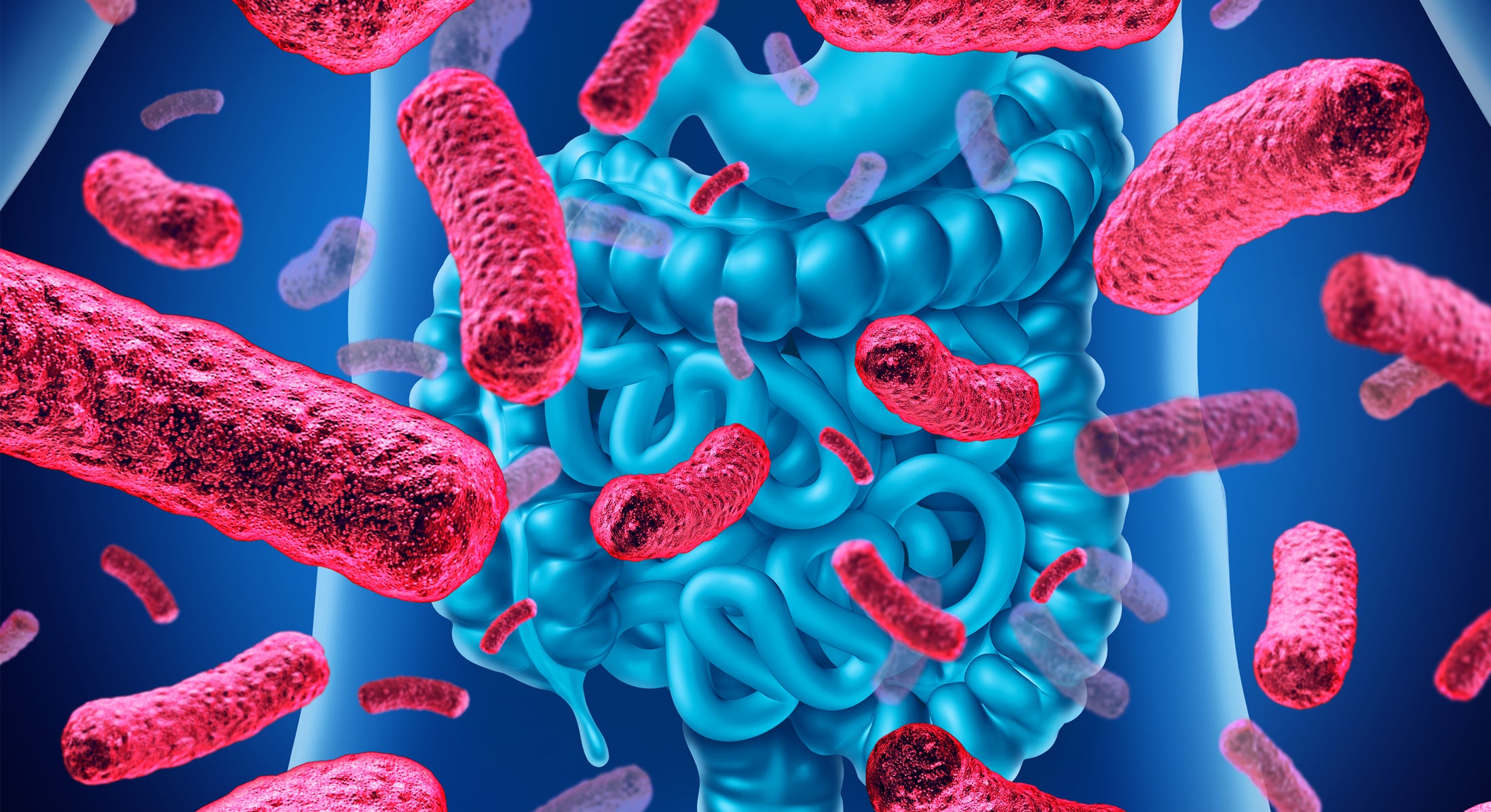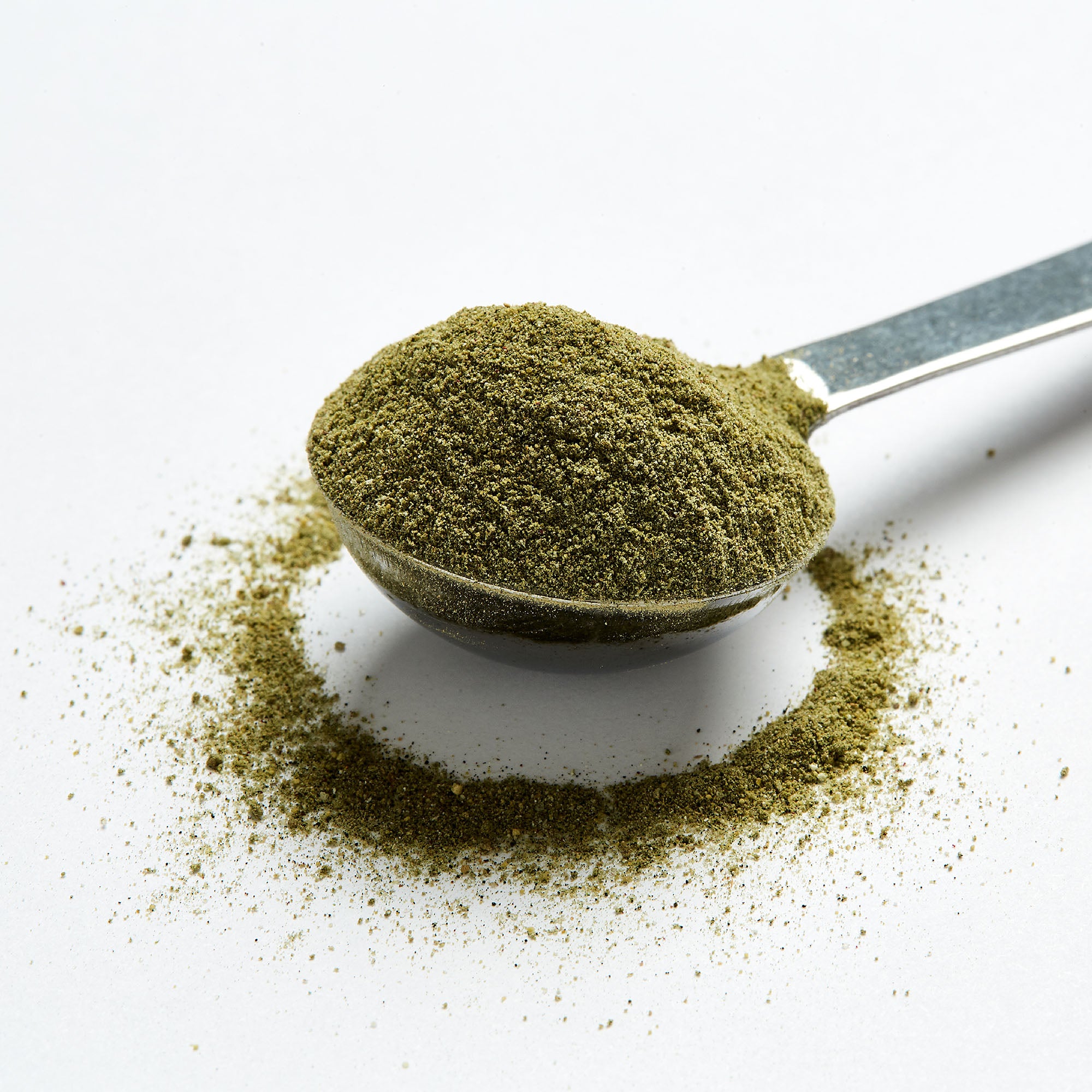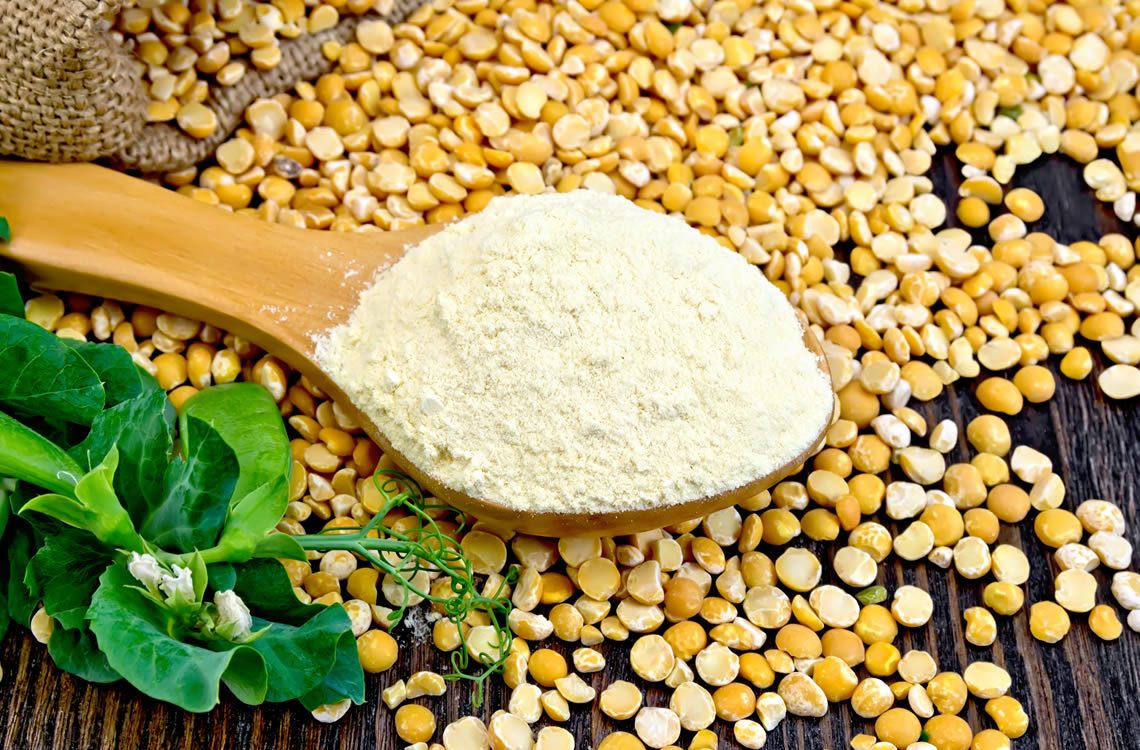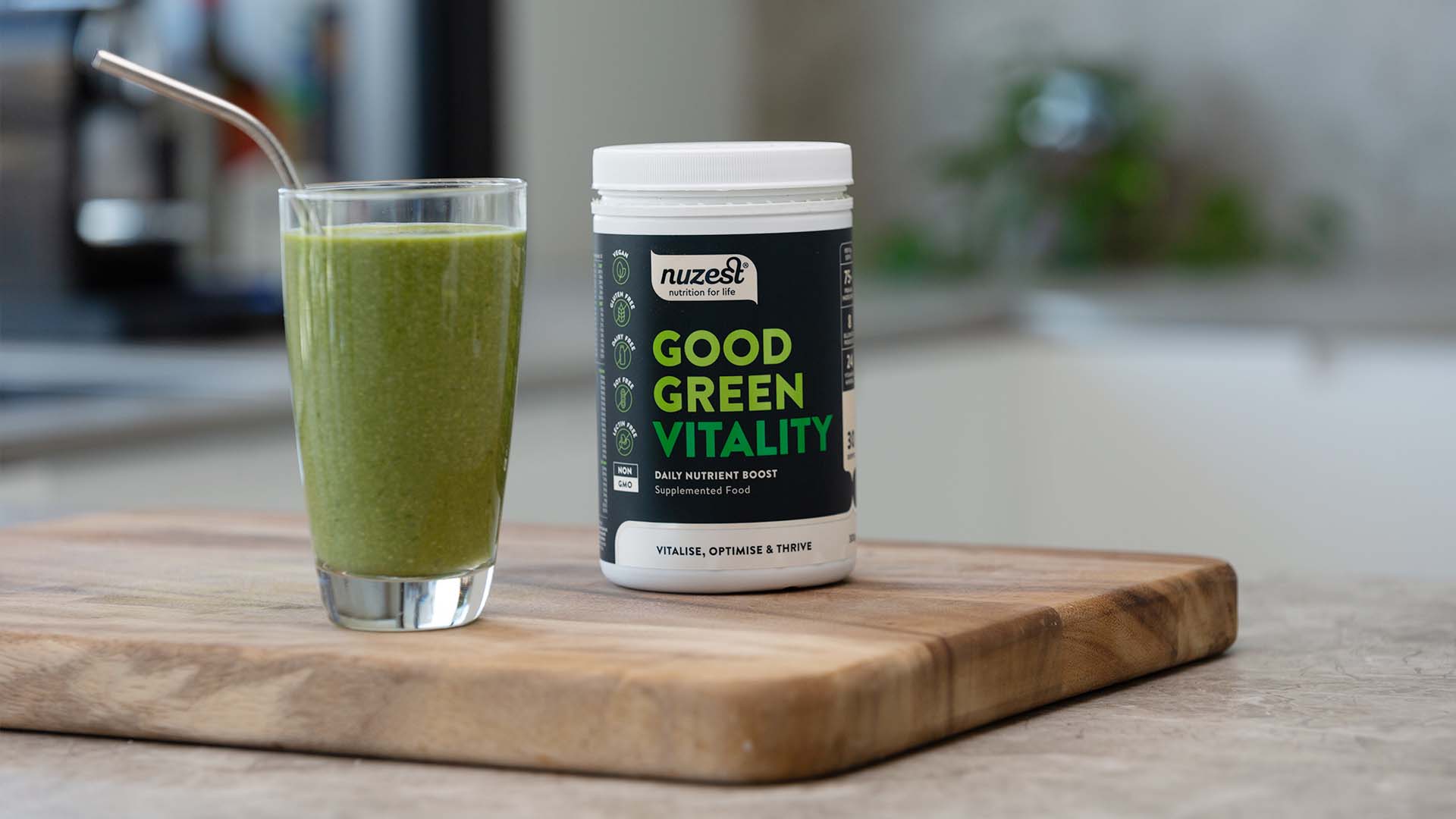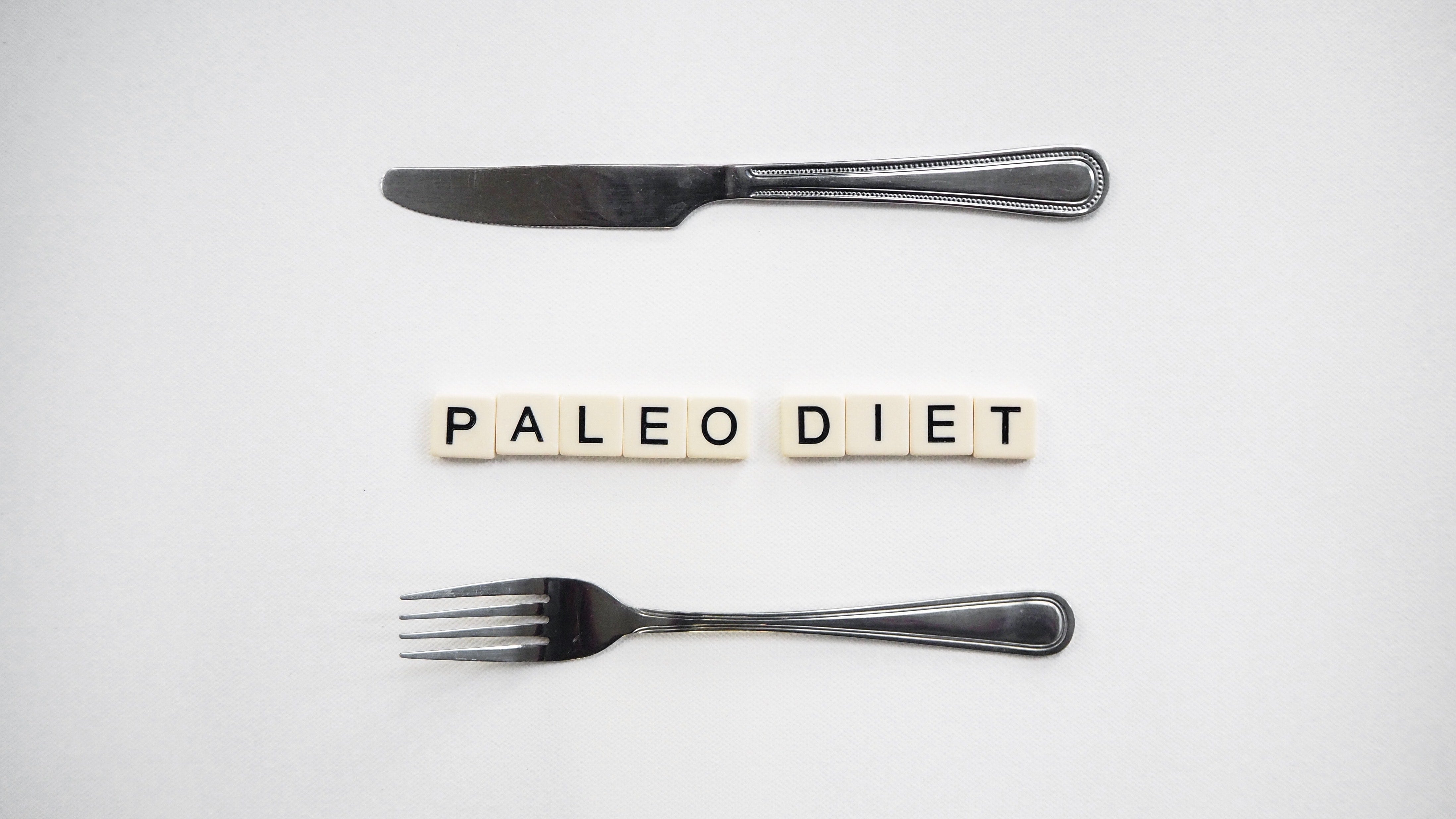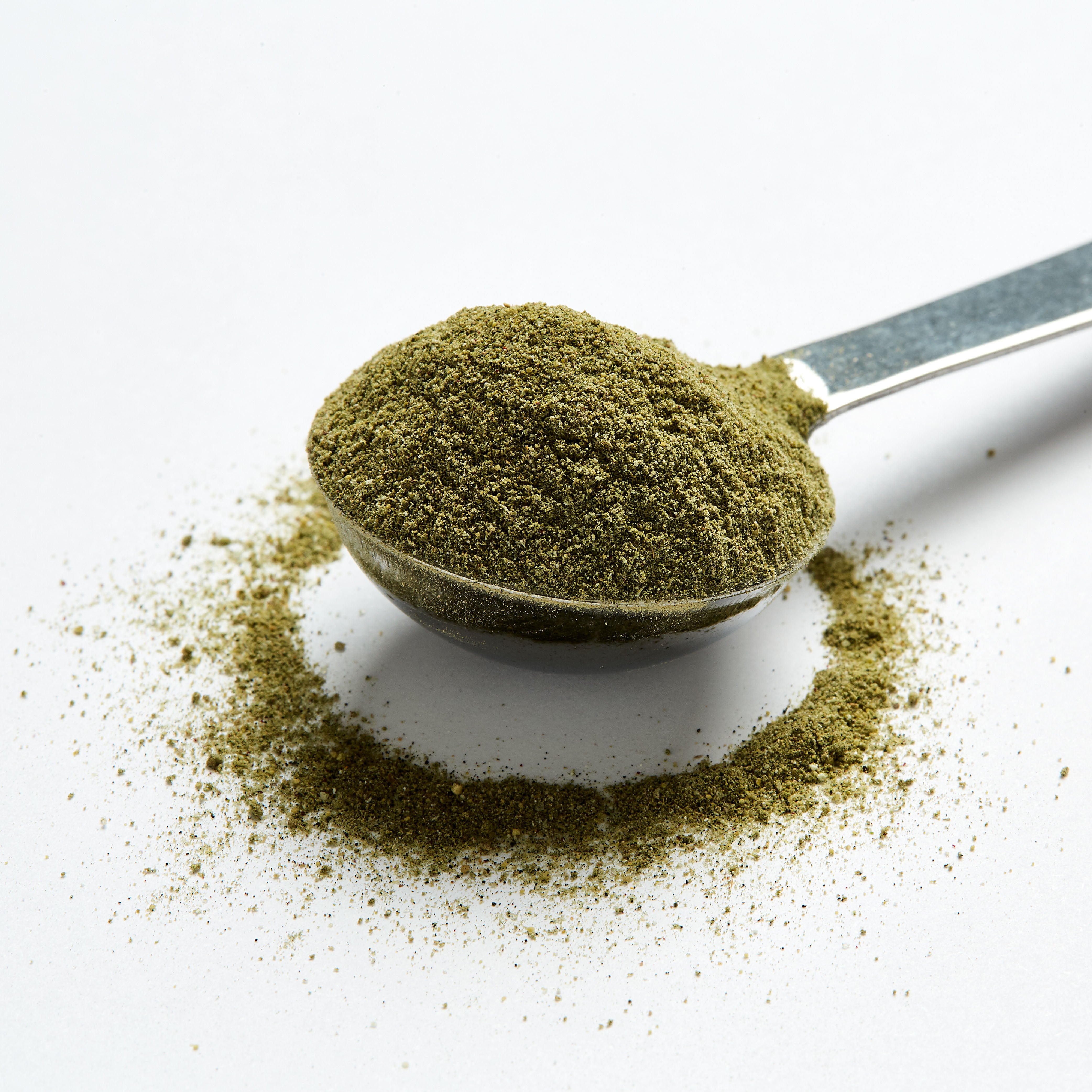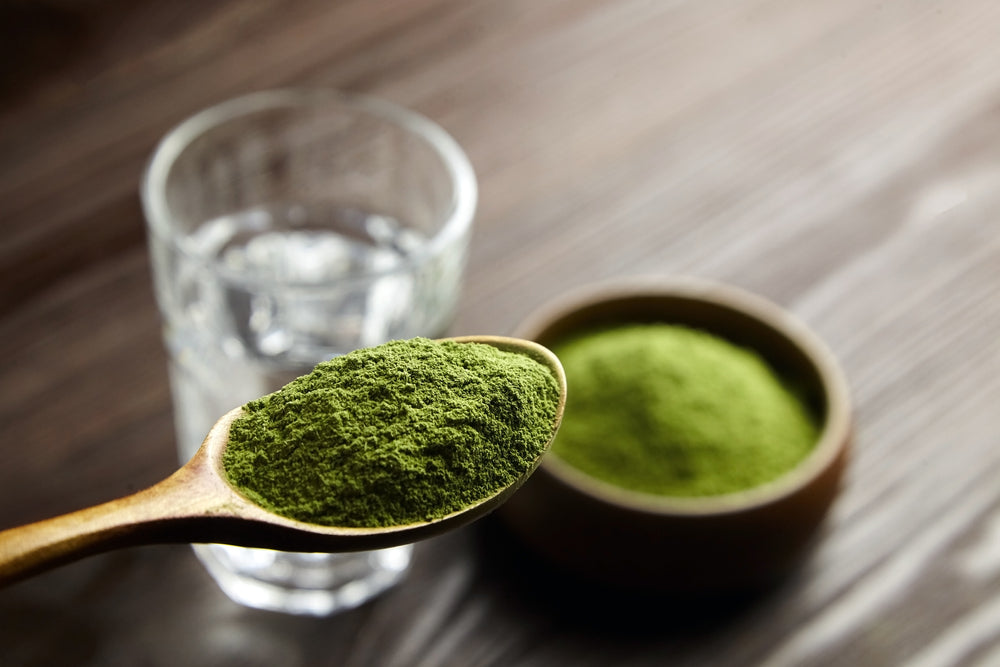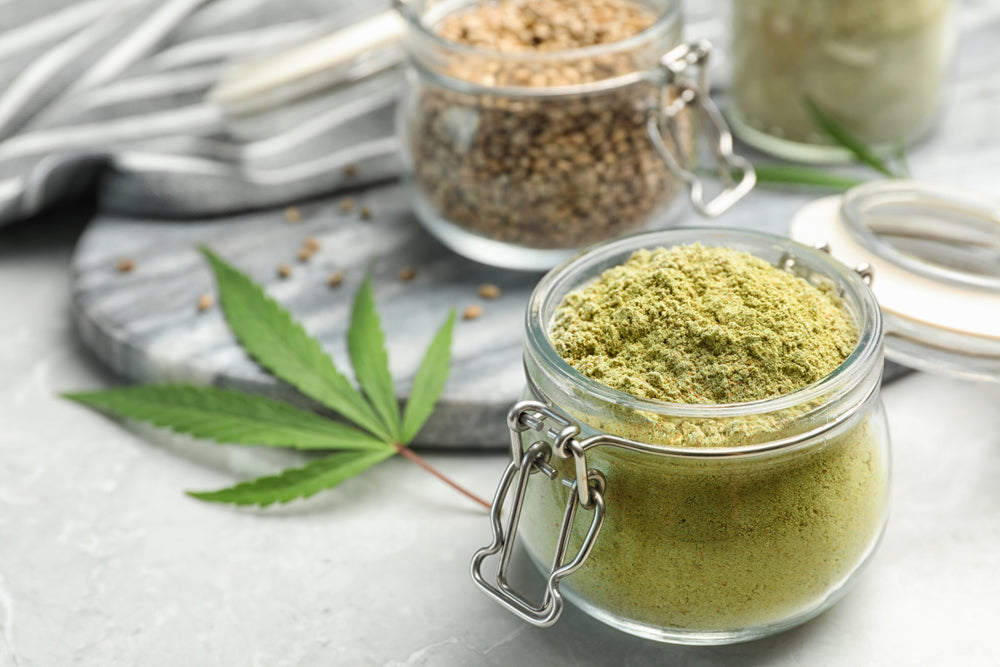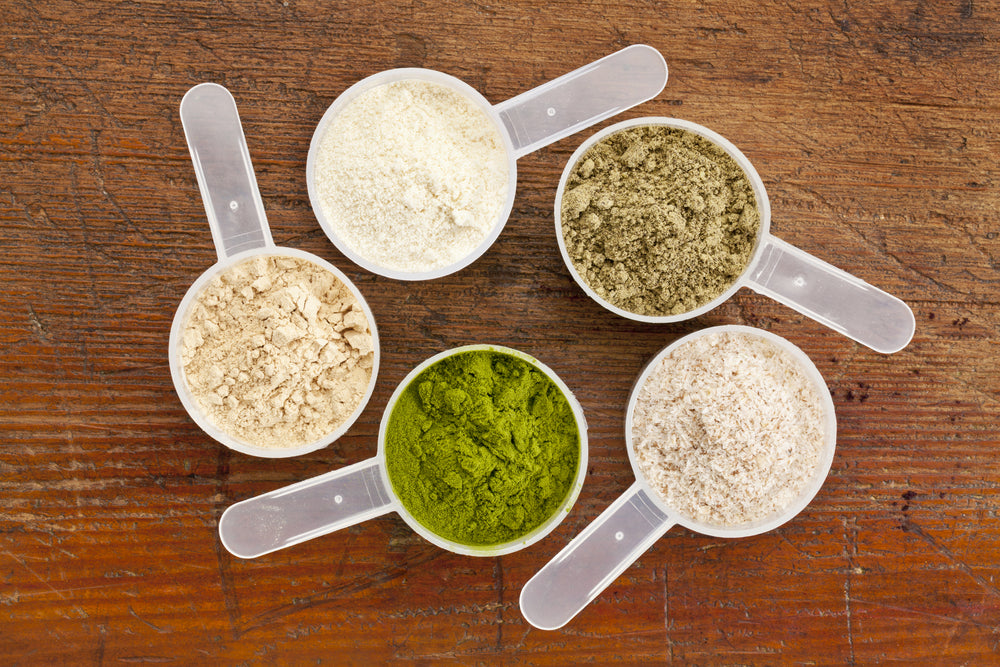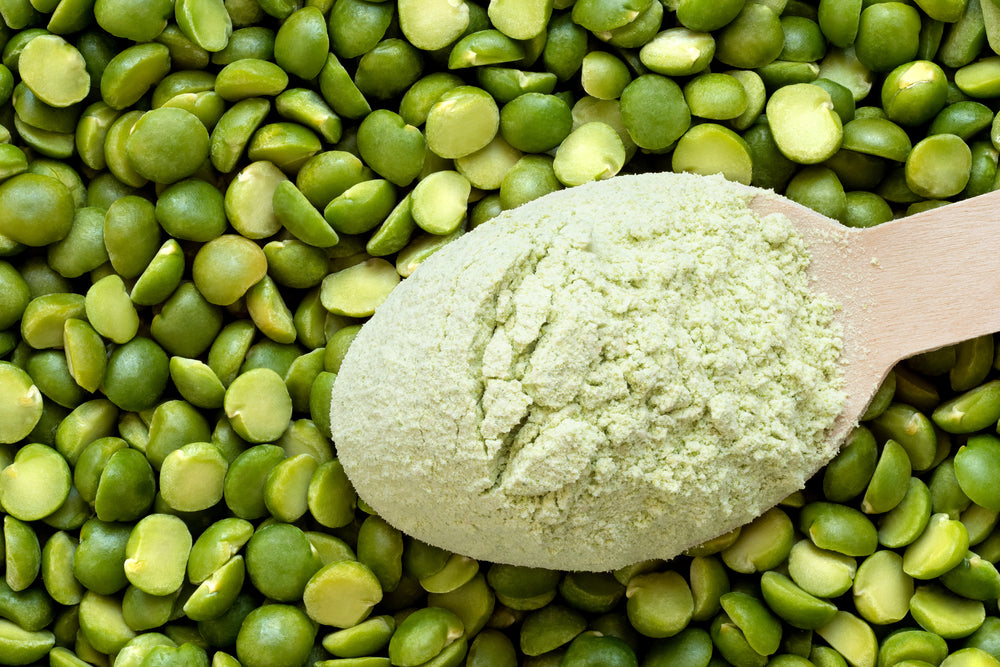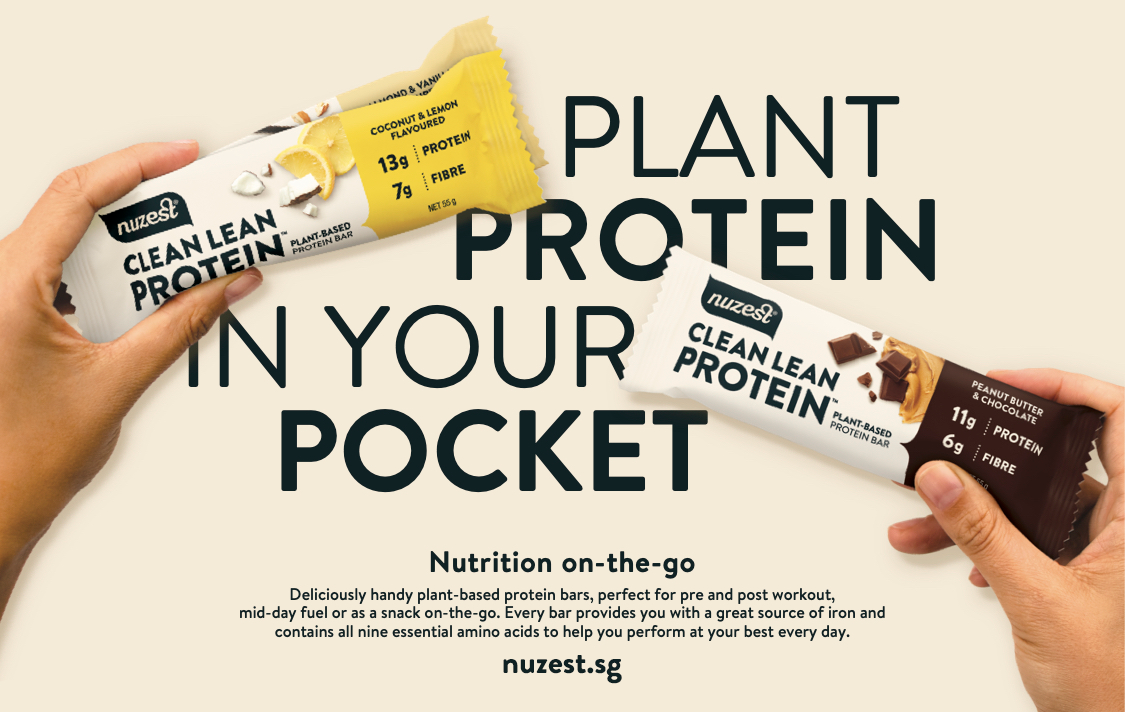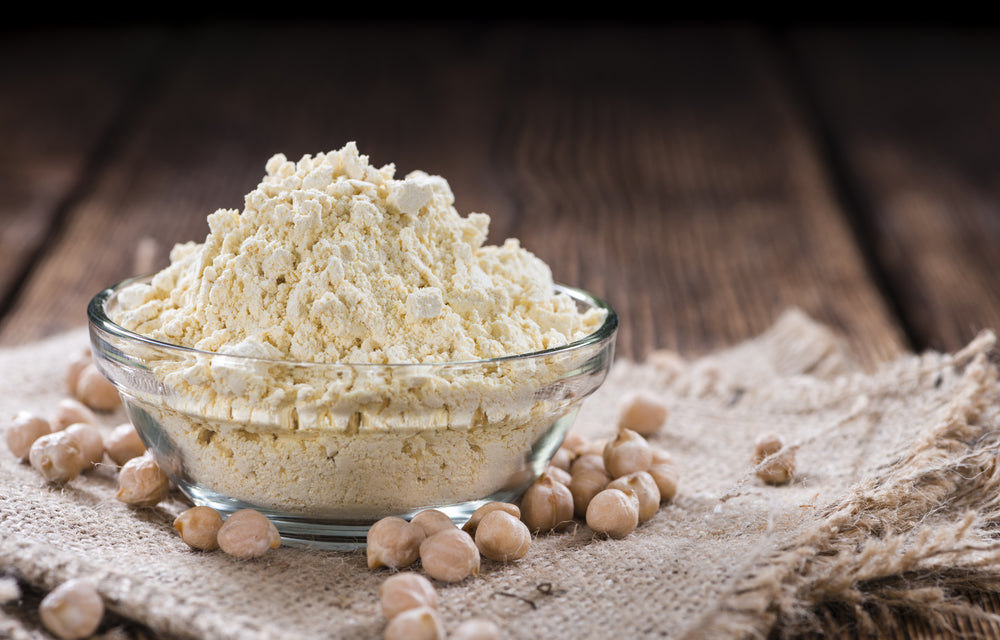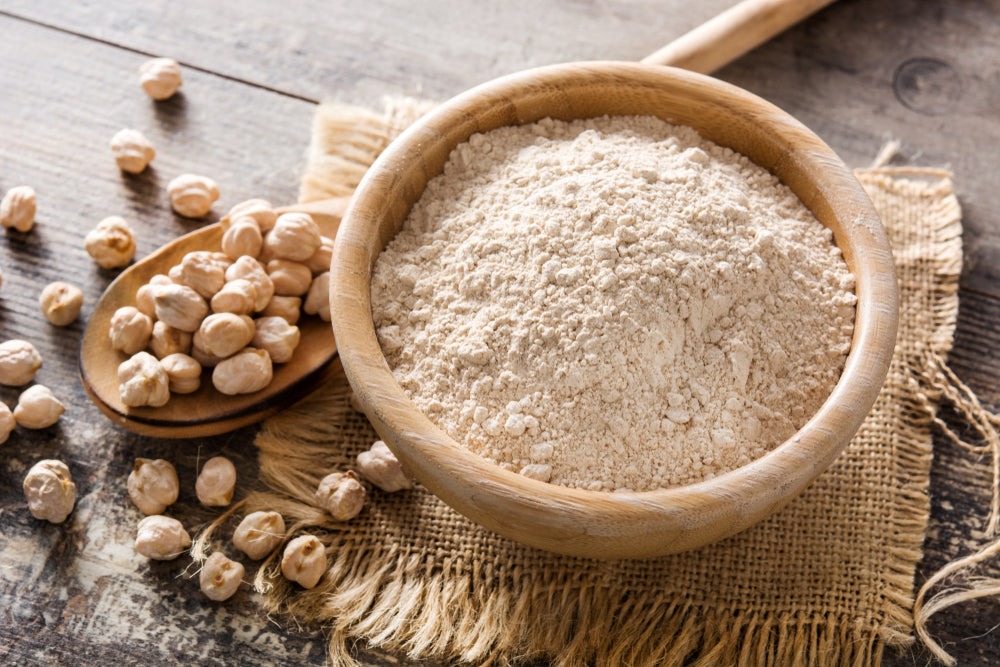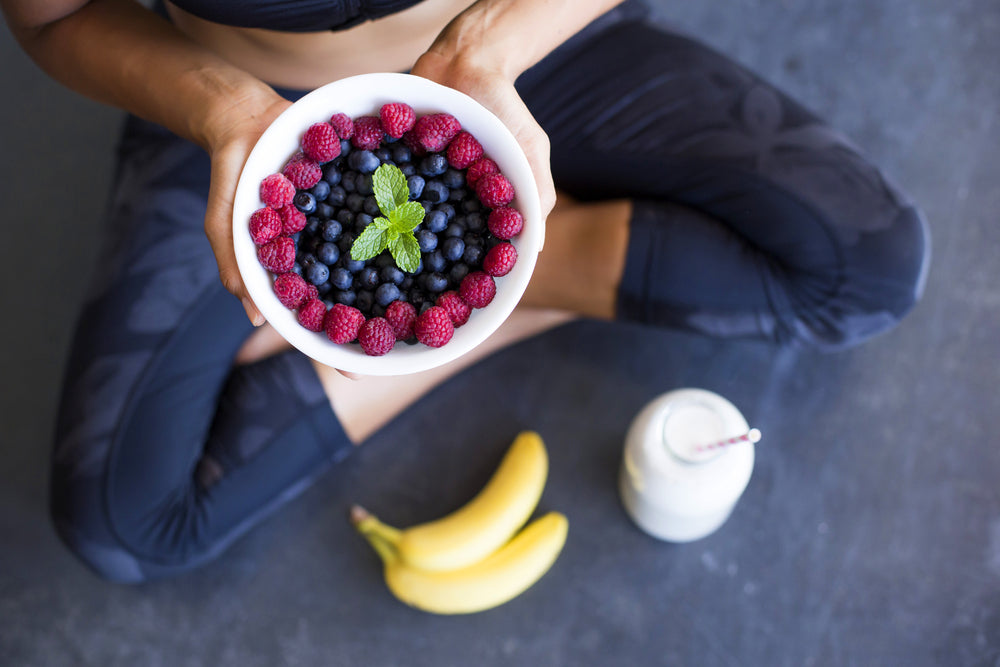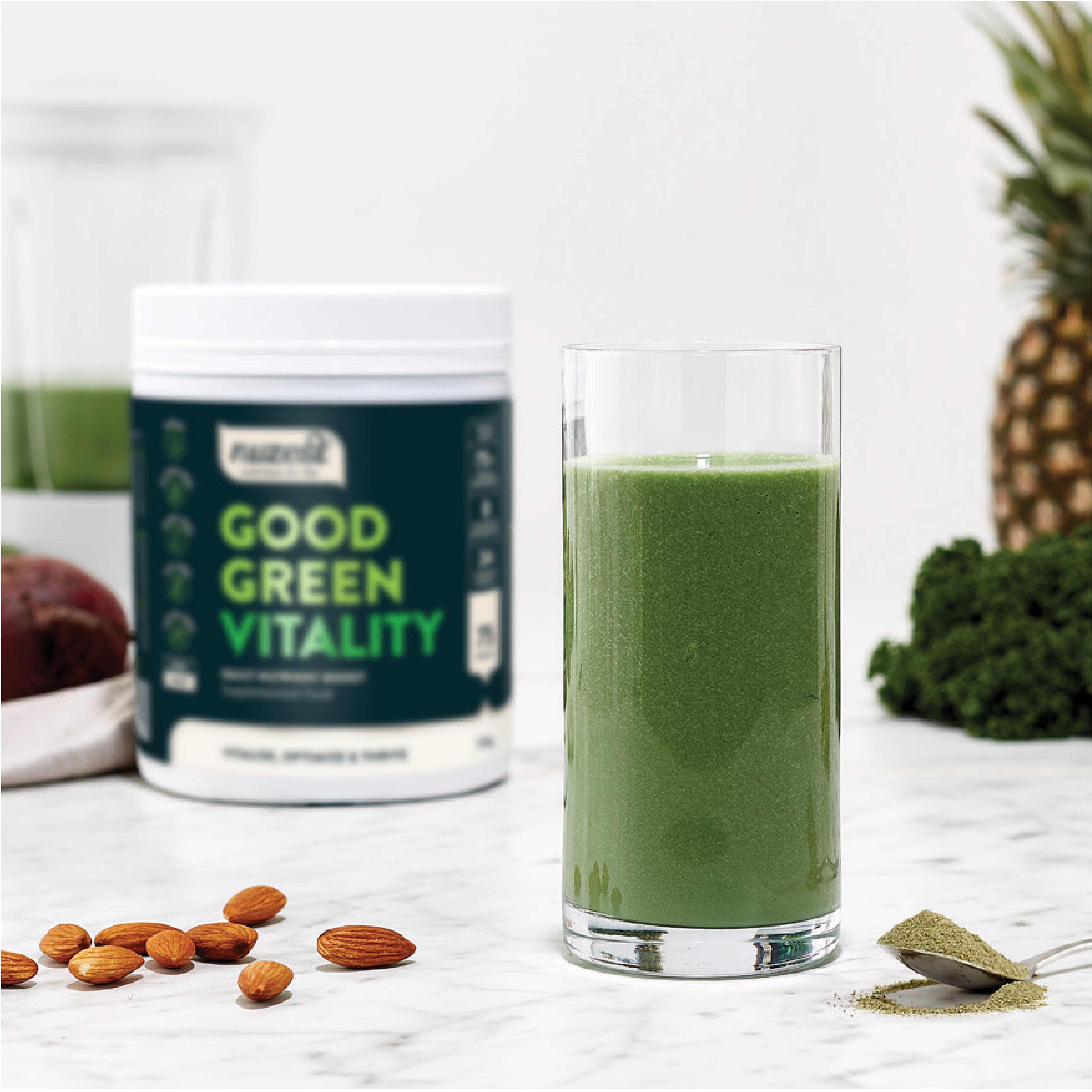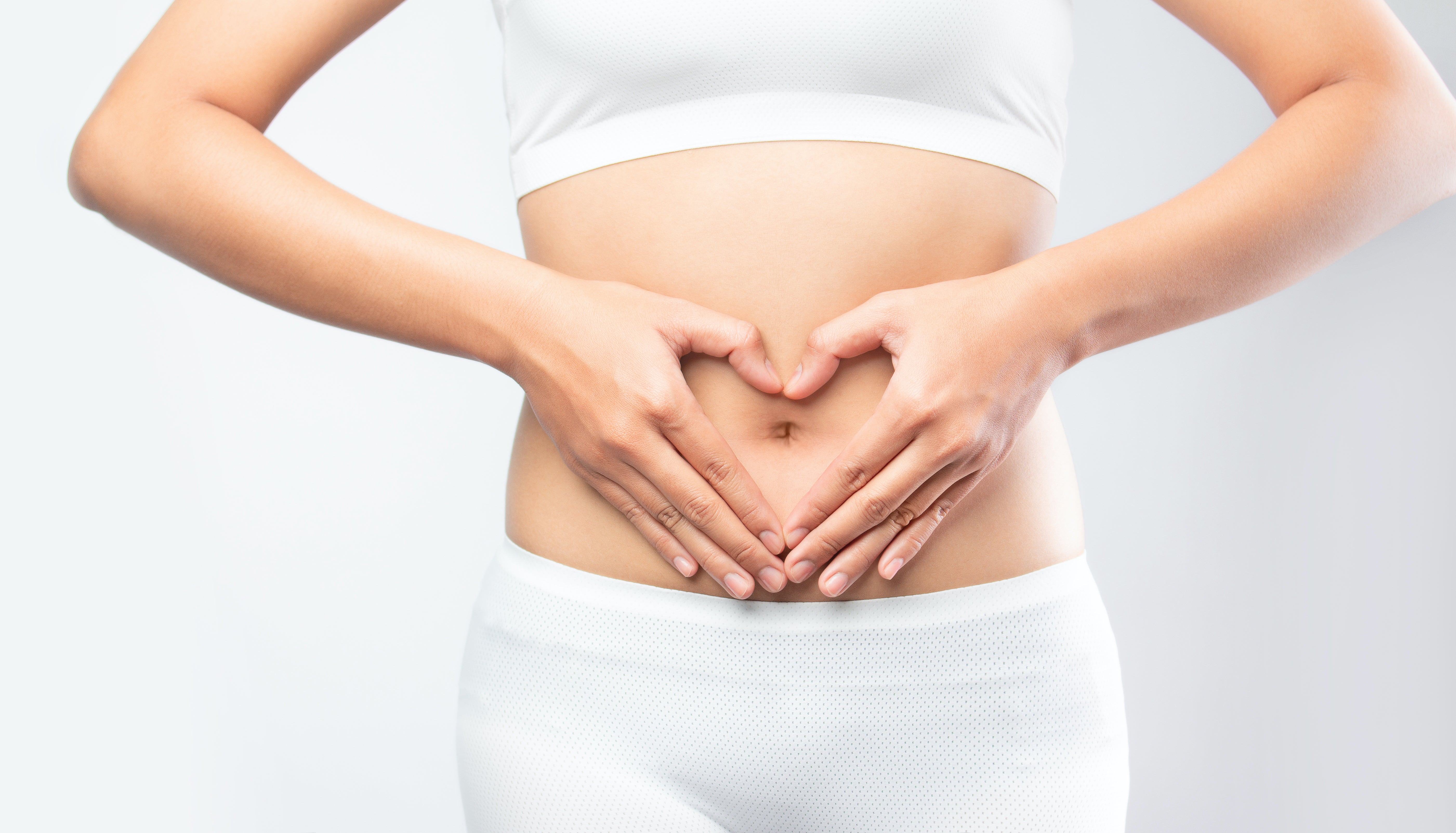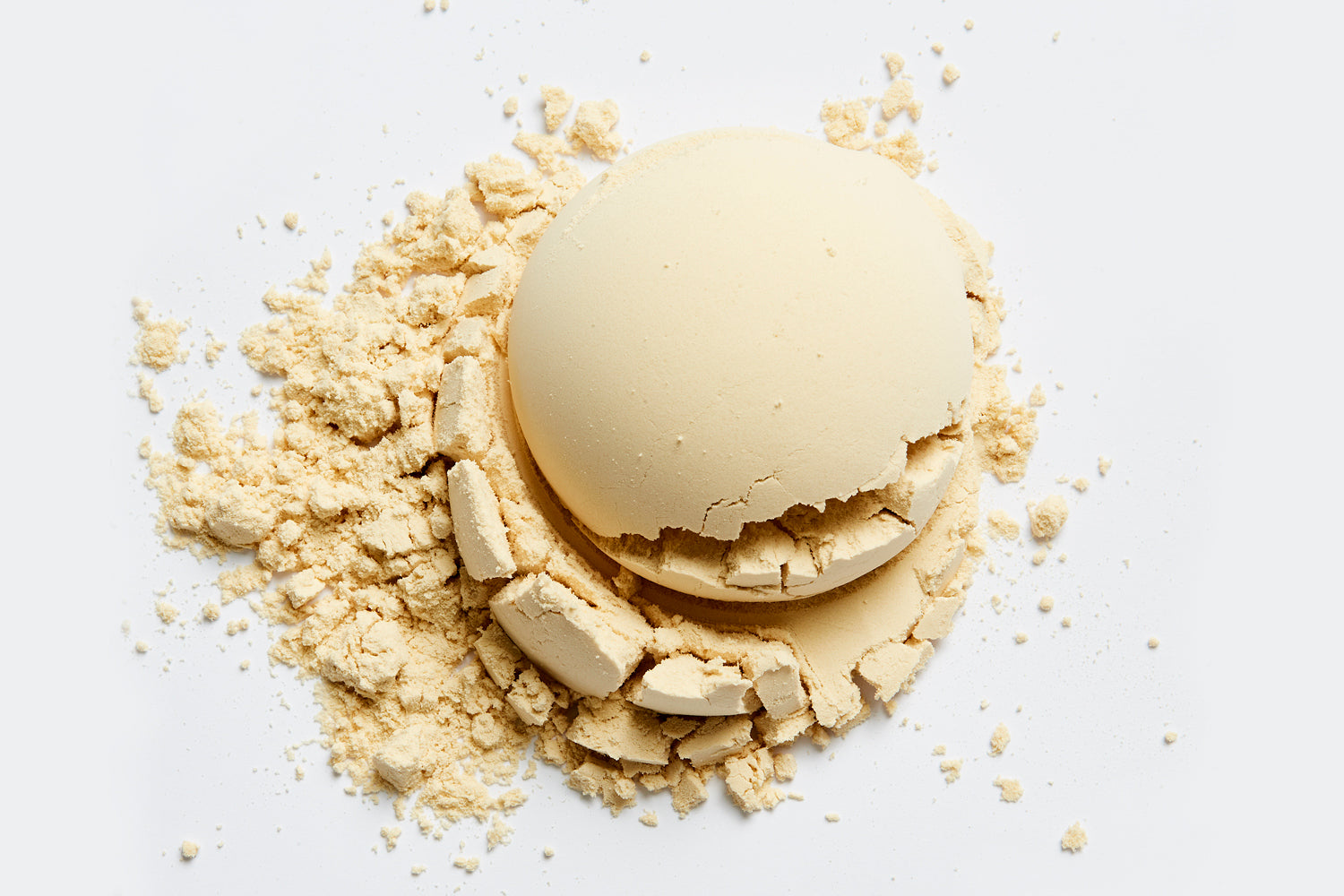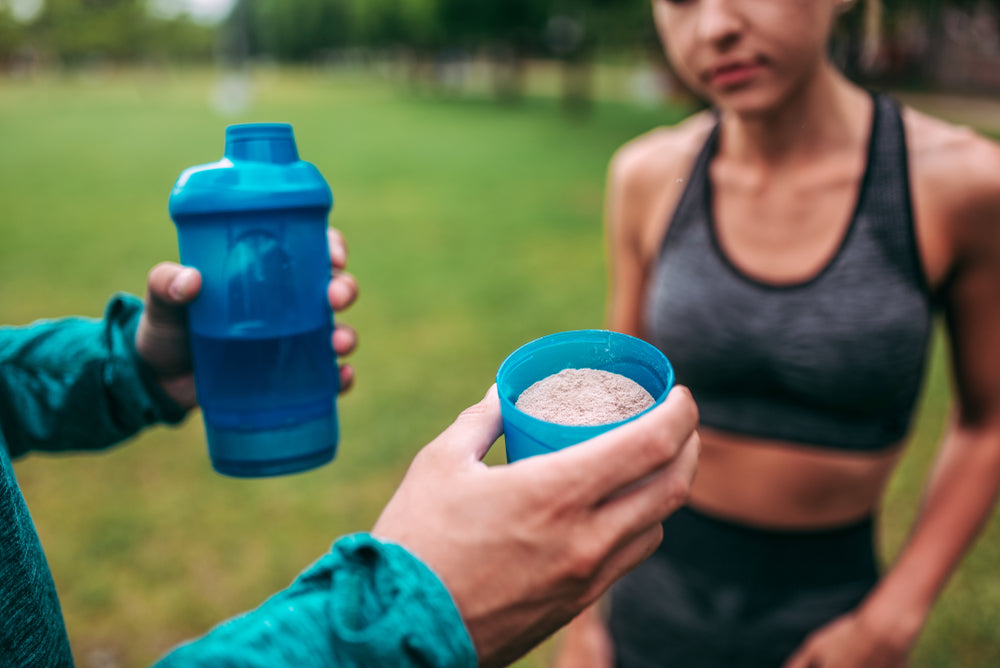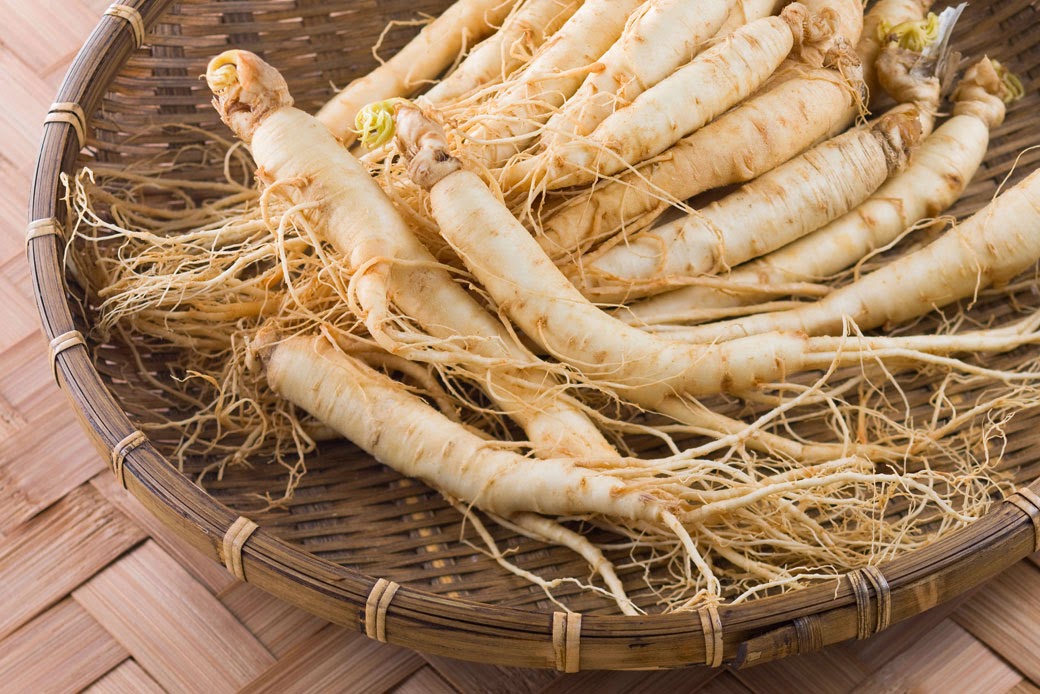As health-conscious individuals, we know that fiber and probiotics are beneficial to our gut health. Apparently, we do need them both for our health. If you’re someone who has been wondering if taking fiber and probiotics together is okay? Or, is it safe for our digestive system? Then, you just came to the right place!
The answer is YES! You can take fiber and probiotics together. The addition of fiber brings impressive effects to your probiotic regimen. In fact, your gut will thank you for that.
In this article, let’s discuss dietary fiber and probiotics and discover the potentiality of the two when combined together. See how they can create a powerhouse of tremendous benefits for your health.
Probiotics - The Good Bacteria

Probiotics have been gaining recognition in the medical and natural health community over the years. These are live microorganisms and good bacteria that play a critical role in our gut microbiome and overall health.
As we have trillions of different types of beneficial bacteria thriving in our gut, these are the main functions they deliver to keep us healthy:
- Aid in food digestion.
- Maintain the balance of colonies in the gut microbiome.
- Synthesize vitamin K and most B vitamins.
- Keep the gut lining healthy to prevent the entry of harmful bacteria.
The most common probiotics colonizing in the gut are Lactobacillus, Bifidobacterium, and Saccharomyces boulardii.
Probiotics or good bacteria are primarily found in fermented foods such as kombucha, sauerkraut, yogurt, kefir, pickles, miso, and more. They are available in food supplement form as well. You can get them over-the-counter in capsules, pills, powders, or liquids.
Dietary Fiber
Dietary fiber or roughage falls under the macronutrient category, abundantly found in vegetables, fruits, whole grains, and legumes. These are any non-digestible carbohydrate that is found in plant sources.
You might think that dietary fiber does not do much for your health since it can’t be broken down by the body. That’s not true at all. Apparently, dietary fibers play a critical role in keeping our gut healthy.
How Much Dietary Fiber Do We Need?
The average daily value of fiber for adults is 28 grams per day. However, fiber requirements may also depend on age and sex.
Under the age of 50, the recommended fiber intake for women is 21 to 25 grams per day while 30 to 38 grams per day for men.
In general, the best way to meet your daily fiber intake is to consume a wide variety of vegetables, fruits, legumes, and grains.
There are TWO CATEGORIES of fiber, insoluble and soluble fiber.

Insoluble fiber
Insoluble fiber involves plant cellulose and hemicellulose that do not dissolve in water. So, what do insoluble fibers do?
- Attracts water and adds bulk to your stools.
- Helps excrete stools quickly out of the body, promoting regular bowel movement.
- Lowers risk of cancer and heart disease.
Insoluble fiber is found in whole grains, lentils, flaxseeds, and vegetables.
Soluble fiber
Unlike insoluble fiber, soluble fiber water dissolved in water and form a fibrous gel-like substance. They are found in plant pectin and gums.
What can soluble fiber do in your digestive system?
- Slows down digestion which can help you feel full for a more extended period.
- Collects sugars, dietary fats, cholesterol, and bile salts throughout their journey in the gastrointestinal tract, then ushering them out of the body.
- Helps lower blood sugar levels, reducing risks of obesity and diabetes.
Foods such as apples, citrus fruits, oats, peas, beans, carrots, barley, and psyllium are sources of soluble fiber.
Are All Fibers Prebiotic?
It would be noteworthy for you to remember that all prebiotics are fibers. But, NOT ALL fibers are considered prebiotics. Prebiotics are non-digestible fibers that helps probiotics thrive in the gut.
For a food to be called a prebiotic, it must meet the following criteria:
- It must resist gastric acidity
- It is fermented by the body’s intestinal microflora
- It stimulates the growth and/or activity of certain intestinal bacteria that are linked to health and well-being.
In other words, prebiotics is indigestible fibers that can retain their form until it reaches the colon and be fed off by the probiotics.
For healthier results, note that the survival of the good bacteria in your gut is promoted by the prebiotics food you eat. So, which fiber is considered prebiotic? Most prebiotics is in the form of soluble fiber.
Soluble fiber feeds for your beneficial bacteria in the gut. Then, they help your probiotics, the good bacteria, dominate the activity of harmful microorganisms in the colon.
Why Taking Fiber and Probiotics Is Good For You?
Fiber facilitates the body’s digestion process, while probiotics work in keeping your gut in check. Typically, probiotics and fiber do not usually cause problems when taken together at the same time or on the same day.
How can they make your gut happy? Aside from the specific benefits of fiber and probiotics that we have discussed earlier, here are more reasons why you should include dietary fiber in your diet while taking probiotic supplements.
- Probiotics work their best when you feed them with prebiotic fibers.
- Fiber and probiotics promote healthy digestion and healthy body weight.
- They can help treat digestion and elimination issues such as constipation, irritable bowel syndrome, urinary tract infections, and more.
- Probiotics and high-fiber diets reduce the risk of cardiovascular diseases and cancer.
- Consumption of prebiotic foods stimulates the growth of your intestinal flora. A promoting balanced gut microbiome prevents dysbiosis - a combination of decreased microbial diversity and loss of beneficial bacteria.
Fiber and Probiotics in Good Green Vitality
Now that you know the uniqueness between fiber and probiotics, you need to have the right gut health supplement along with your well-balanced diet!
Good Green Vitality contains prebiotics, probiotics, enzymes, and herbs for healthier and happier digestion.
Nuzest’s Good Green Vitality is made with over 75 ingredients from vegetables, fruits, herbs, vitamins, minerals, and probiotics! It is vegan, gluten-free, dairy-free, soy-free, lectin-free, and non-GMO!
Everyone from 4 years and up can take this supplement as nutrition support.
Good Green Vitality
75 ingredients working together to support everything from digestion, immunity, and healthy ageing, to stress, energy, and cognition in one daily serve.

Disclaimer:
The information provided on Nuzest is for educational and informational purposes only. The information provided on this site is not, nor is it intended to be, a substitute for professional advice or care. Please speak to your qualified healthcare professional in the event that something you have read here raises questions or concerns regarding your health.


